Knife crime: St John Ambulance to teach teens to help stab victims
- Published
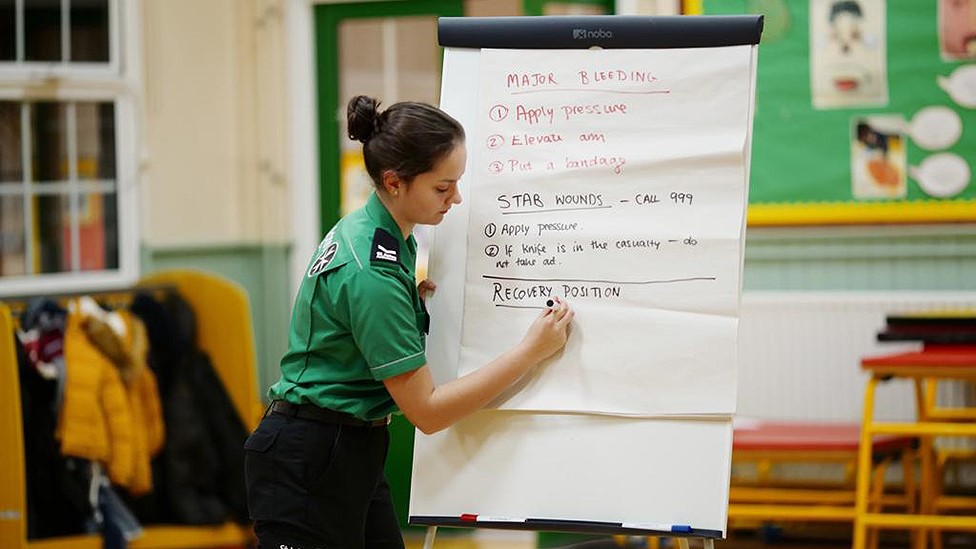
If you were faced with someone who'd just been stabbed, would you know how to help?
Teenagers from the age of 14 in some areas of the UK will get training on how to help stab victims, in a new scheme launched by St John Ambulance.
The Young Responders initiative aims to give young people "lifesaving first aid skills" over the next two years.
St John Ambulance says street violence is a "major concern" at the moment.
Training will be given in London, Leeds and Manchester.
A more 'instinctive' response
"We know that in the moment of handling an incident, adrenaline can take over," St John Ambulance says, in a statement.
"The practical training we provide means that the response can be more instinctive and help a young person make the difference to the person in need."
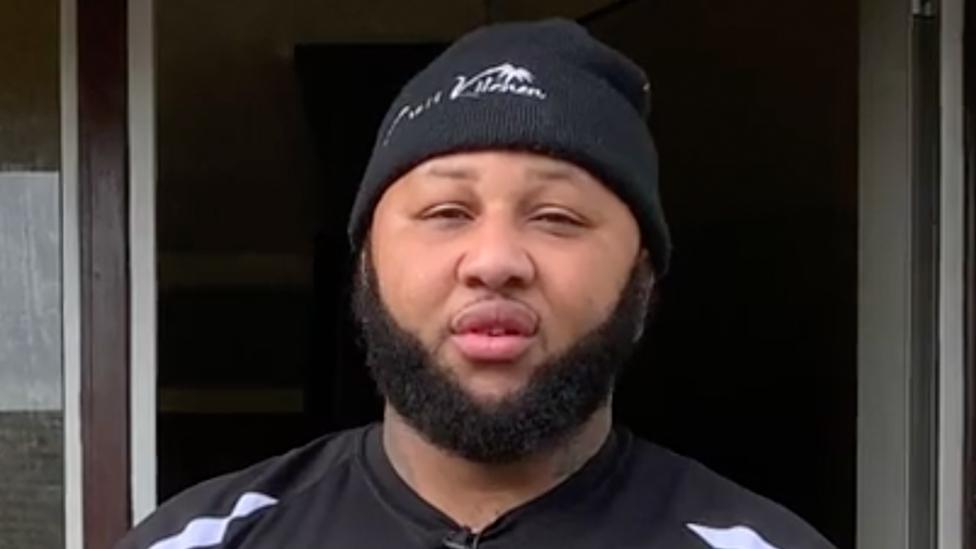
Odane collects weapons from young people, and hands them in to police
It also claims that stabbings often happen to people who feel they "cannot ask for help", because they would perhaps be worried about getting in trouble themselves if emergency services were called.
'An 11-year-old gave me a machete'
Odane Cross runs a knife amnesty in Reading, encouraging young people to hand in weapons in exchange for a discount at his food takeaway company.
He thinks the The Young Responders scheme will be useful to young people already caught up in gang culture, who might not be quick to call 999.
"If their friend's been stabbed, but they've got a weapon on them, they'll be scared that if emergency services get called, they'll all get arrested", he tells Newsbeat.
In an ideal world, training like this wouldn't be needed. But Odane says we need to work with the fact that knife crime is a reality.
Since starting his knife amnesty three months ago, he says he has collected 69 knives, and only two of those were from over 18s.
He says: "I had an 11-year-old give me in a machete the other day. They have no fear.
"His point of view was that if he kills someone, he'll only get 11 years, and he will be out by the time he's 22."
Odane Cross offers food vouchers to those who hand in weapons
It's difficult to assess recent knife crime statistics, because figures dropped in lockdown.
But in the year ending June 2019, there were more than 22,000 disposals given to people who were carrying a knife or offensive weapon.
A disposal is when police don't prosecute someone, because the crime is easier dealt with out of court.
In 20% of those cases, the person carrying the weapon was aged between 10 and 17.
Odane says the scheme is a good idea.
"If kids knew what to do in these situations, I think more people would be surviving."
St John Ambulance's advice on what to do if you see someone stabbed:
Make sure it is safe to approach the patient, do not put yourself or anyone else in danger and call 999 for help. Put the phone on loudspeaker, if possible, to free up both your hands.
If the patient is conscious, try to keep them as calm as possible, do not panic.
If the implement is still in place, leave it there, do not pull it out.
It is crucial to apply pressure to the wound, pack it with a clean dressing if you can, but anything you can find in an emergency - a piece of clothing or cloth will do.
Hold it firmly in place to stem the bleeding.
Make sure you do not injure yourself on a protruding item by applying pressure around and not directly over it.
If the patient stops breathing then start chest compression only CPR and follow the guidance of the call handler.


Follow Newsbeat on Instagram, external, Facebook, external, Twitter, external and YouTube, external.
Listen to Newsbeat live at 12:45 and 17:45 weekdays - or listen back here.
Related topics
- Published18 December 2020
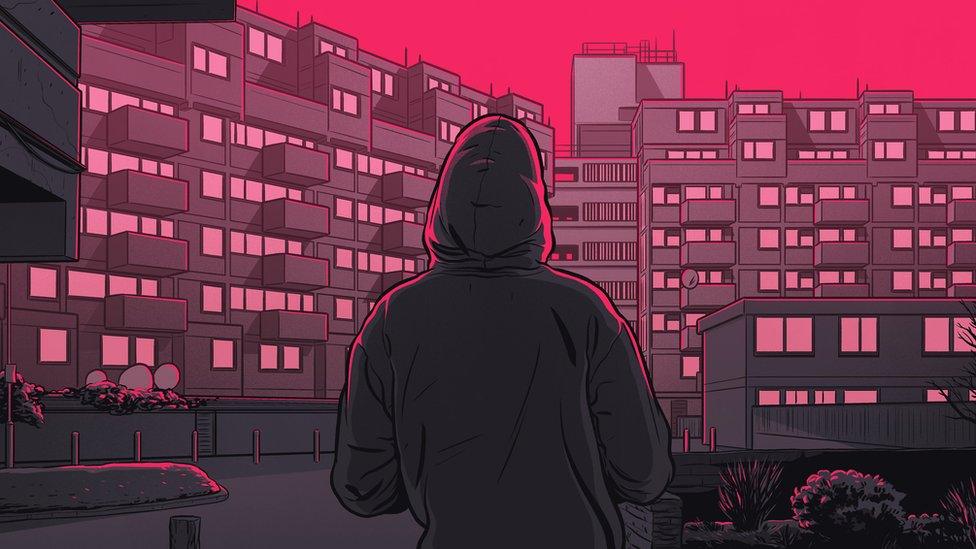
- Published26 February 2021
- Published13 February 2019
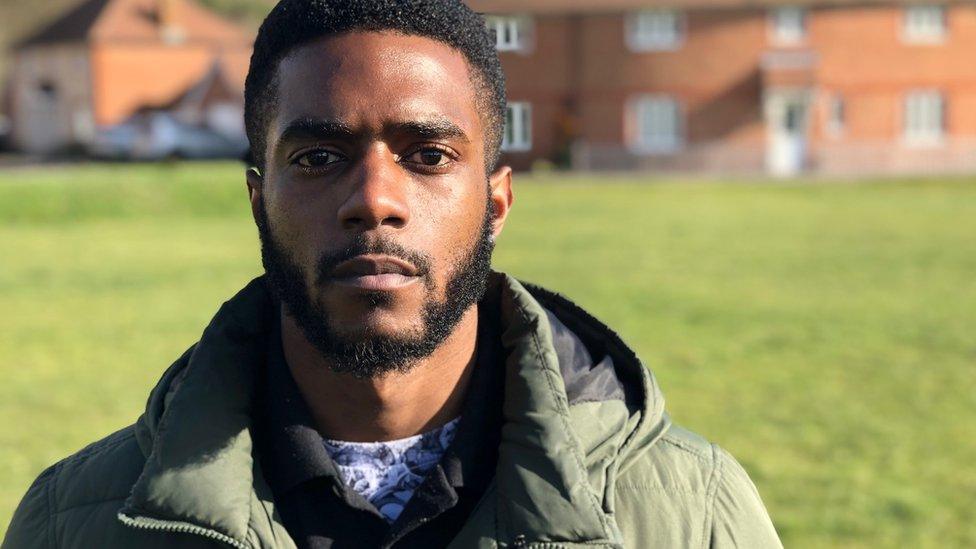
- Published8 April 2021
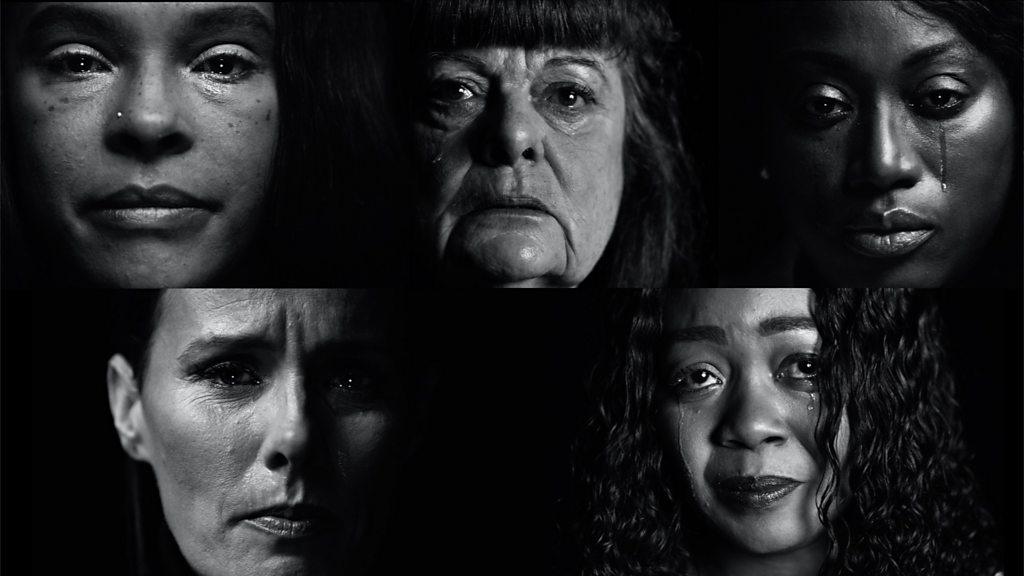
- Published23 July 2019